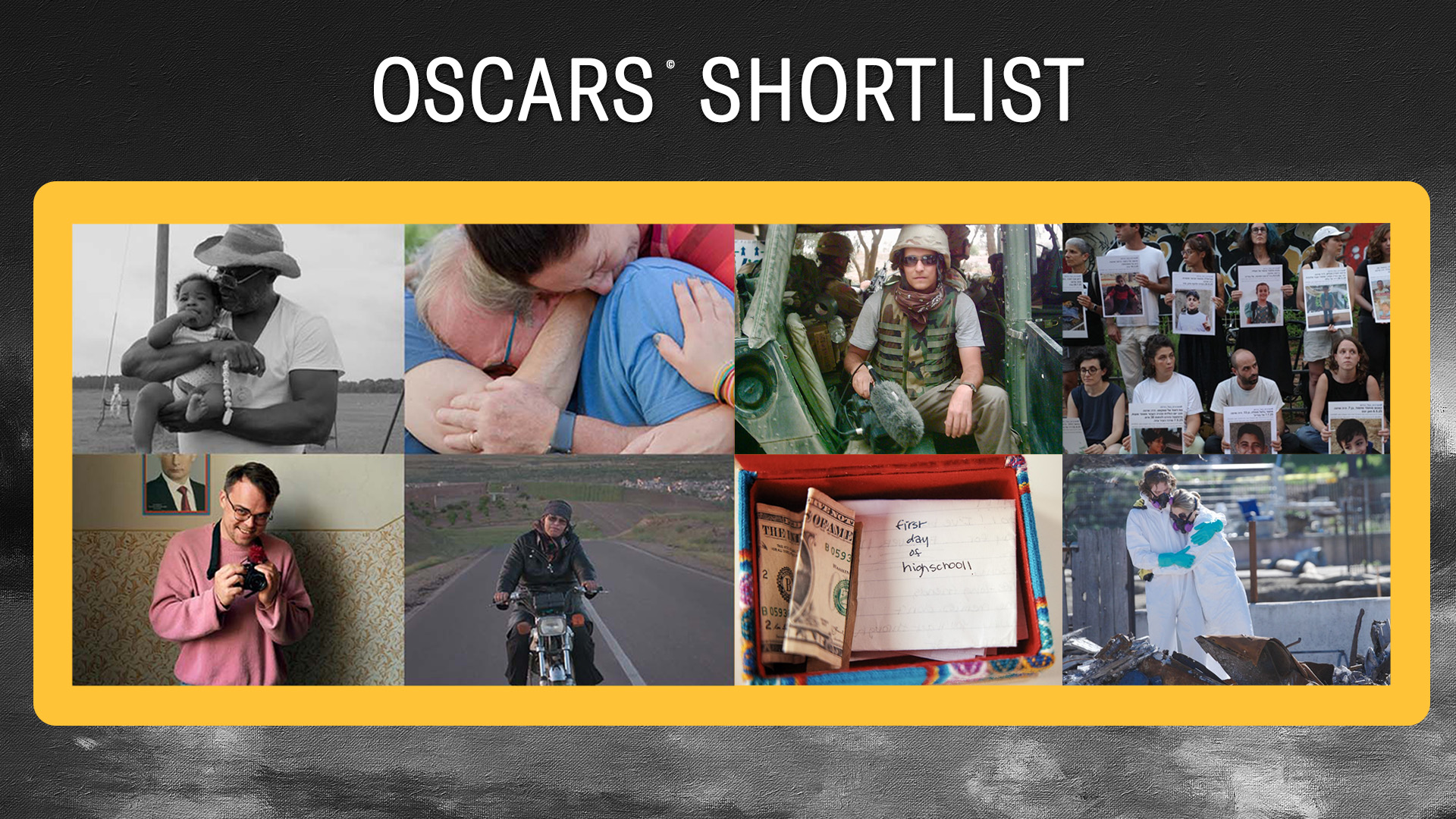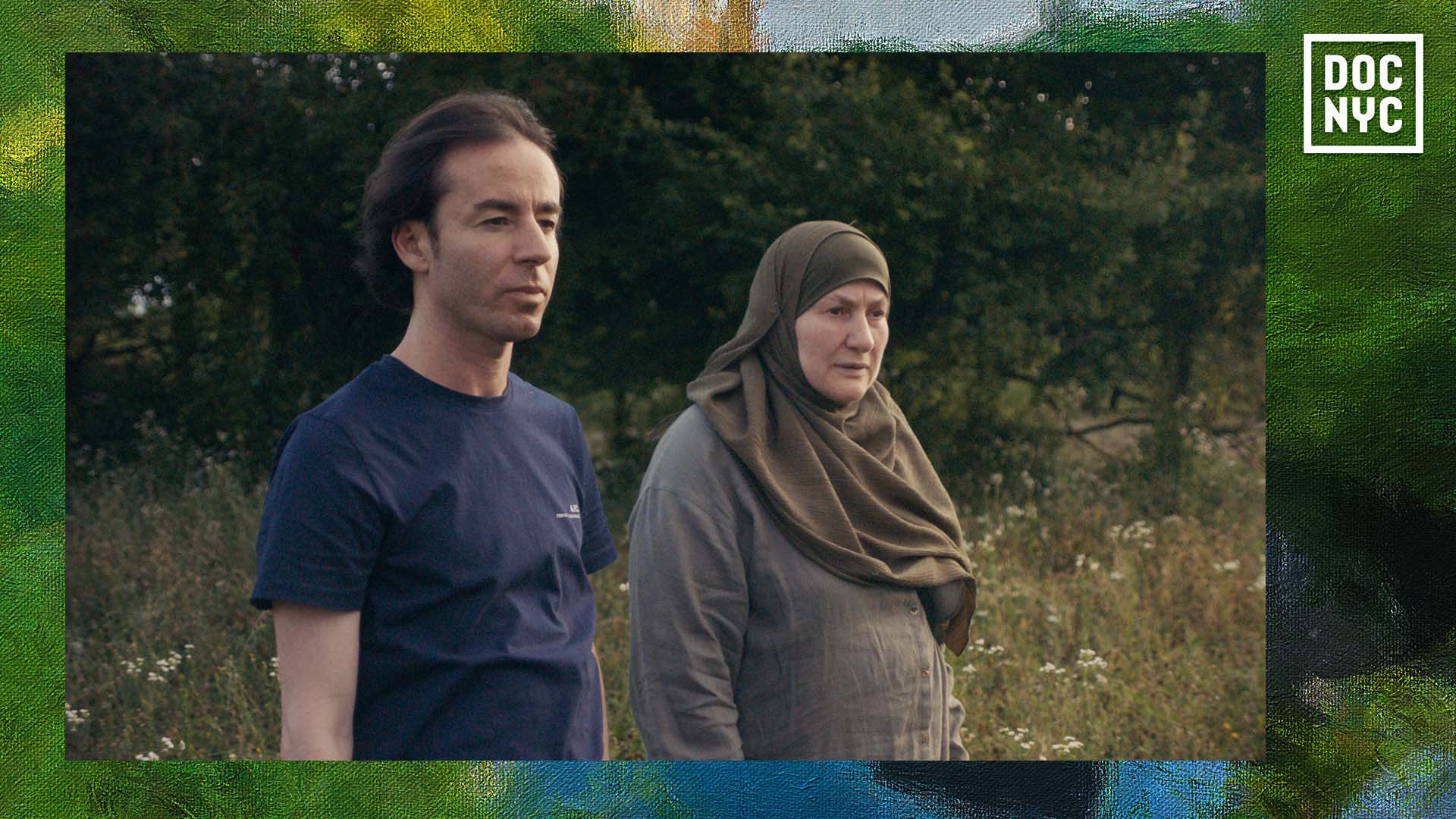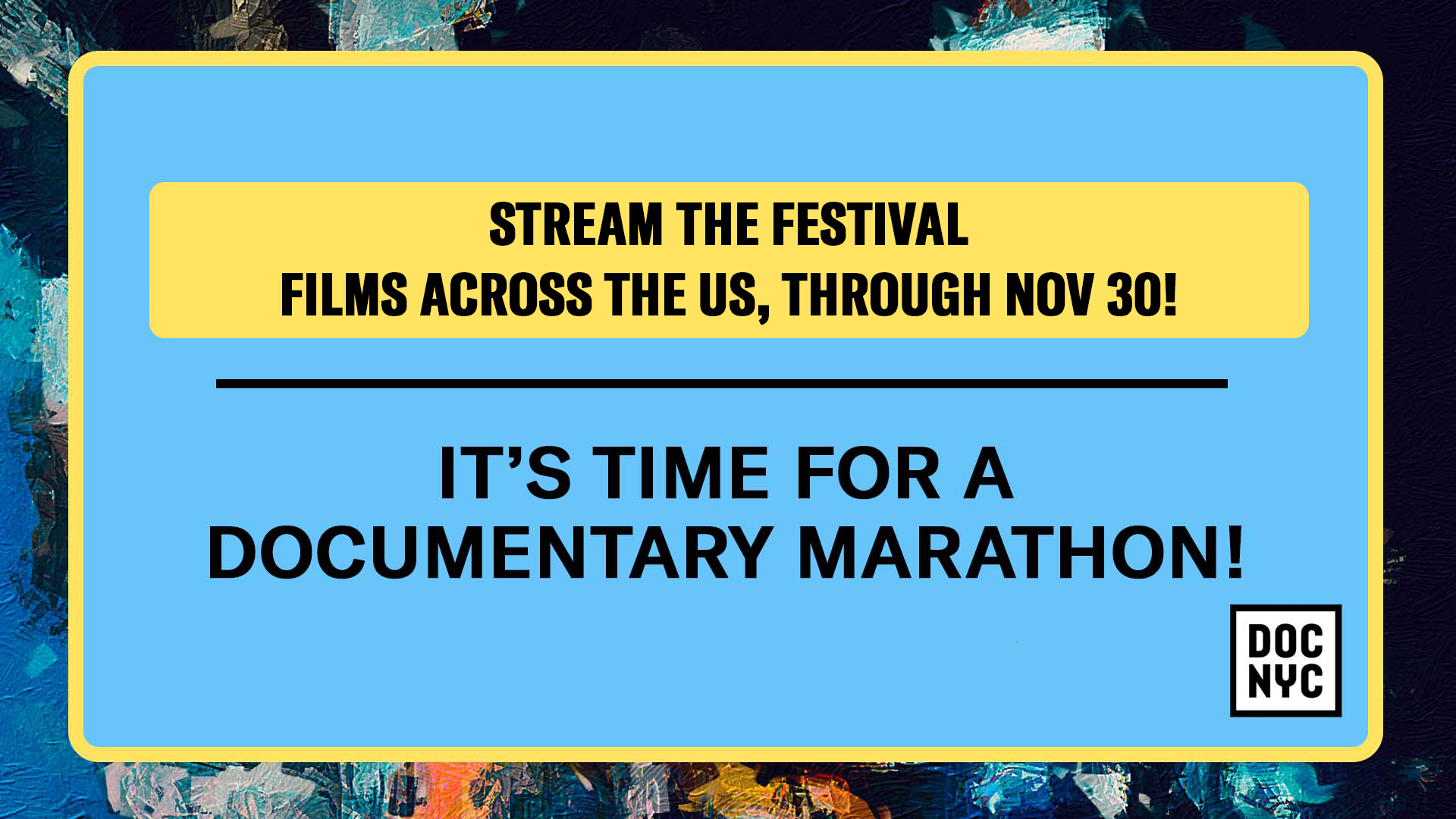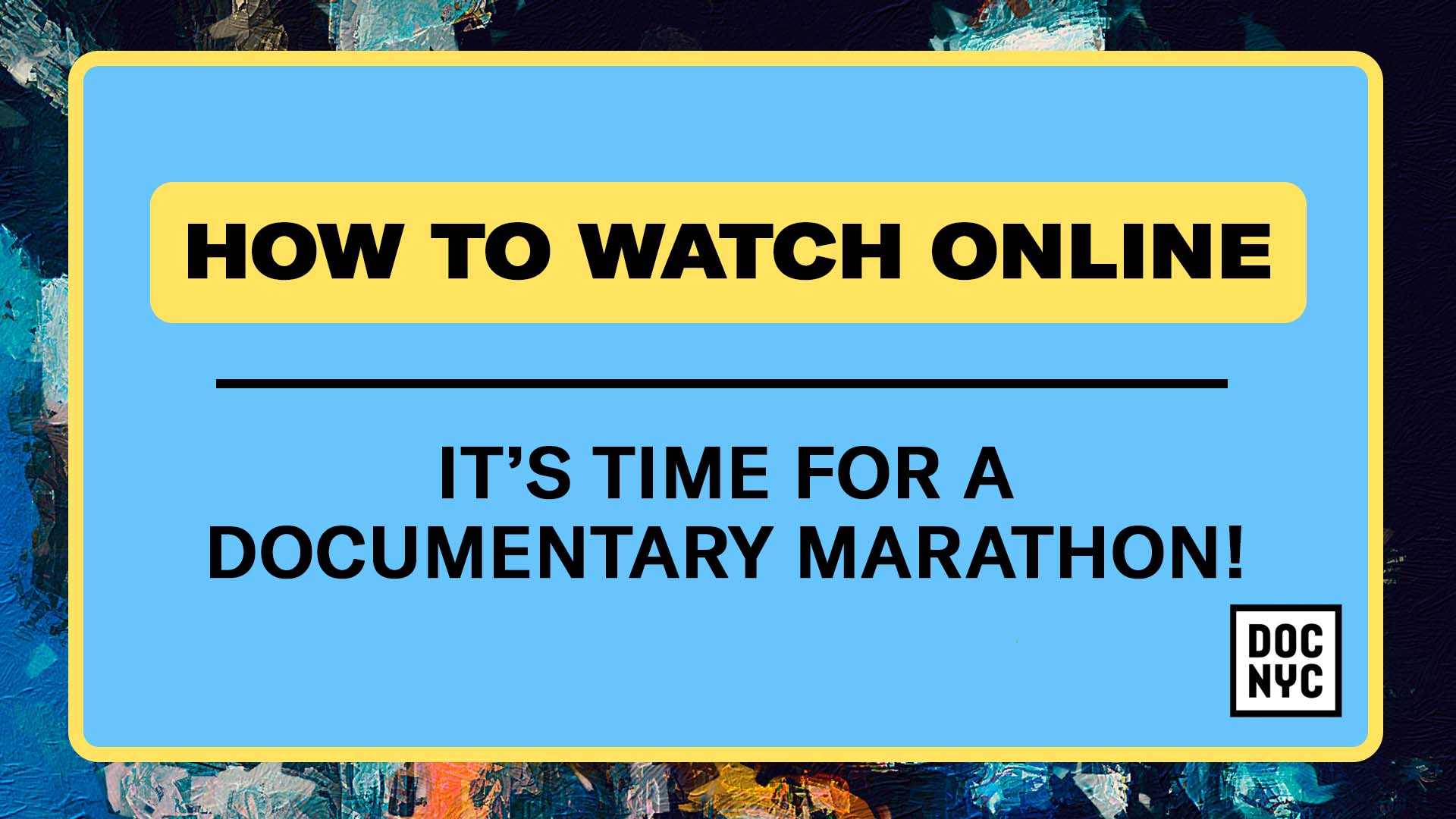Learning to Live Life More Beautifully with Seymour Bernstein Ethan Hawke's directorial doc debut pays heartfelt tribute to classical pianist and mentor-to-many
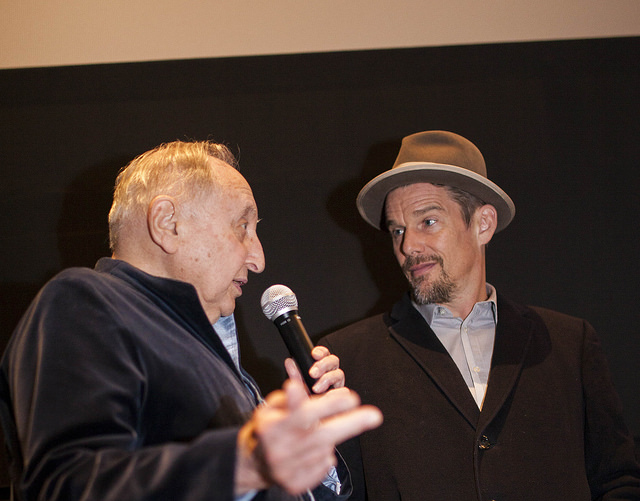
Written by Jenna Belhumeur
Seymour: An Introduction, chosen by DOC NYC as one of the 15 standout films of the year, is a beautiful and poetic portrait of classical pianist and teacher Seymour Bernstein. The film marks Ethan Hawke’s first foray in the documentary world as a director. Hawke allows himself a minimal presence throughout the film, allowing audiences to understand the impact Bernstein’s wise words and philosophical insight had on Hawke’s own life and why he felt compelled to share Bernstein with the rest of the world through this documentary.
Hawke approaches Bernstein with insecurities about his own art form and questions how to live life more beautifully. In attempting to come to terms with a kind of mid-life crisis regarding his career as an actor, Hawke’s conversations with Bernstein provide a springboard by which Bernstein’s perceptive thoughts prove his mastery of not only art, but art’s relationship to life.
“Seymour helped me more than anyone in my own profession has been able to,” Hawke says at one point in the film.
From conversations with Hawke, to one-on-one lessons with students in his one-room apartment, to master classes, to coffee-shop chats with former pupil and New York Times critic Michael Kimmelman, it becomes evident that Bernstein’s primary goal as a teacher is to encourage an emotional response not only towards music, but all aspects of life. And indeed, his students echo this sentiment that an understanding of life stems from a supreme understanding of music.
The documentary is full of memorable moments highlighting Bernstein’s endearing character, from anecdotes about playing the piano for soldiers on the frontlines in Korea, to brief recollections about his childhood, to an amusing account of Bernstein’s role in the knighting of renowned pianist Clifford Curzon by the Queen of England.
In Saturday afternoon’s screening of the film in Chelsea, Hawke revealed that his conversations with Bernstein were so life-changing that he wanted to continue them and be able to share them with others. He figured making a documentary would be the best way to accomplish both.
“It’s straight from the heart,” Hawke said.
Hawke also disclosed that he would often highlight his favorite passages from Bernstein’s books and have Bernstein read them out loud at the start of a day of shooting. This would provoke their conversations and proved a useful editing tool throughout the film.
“The film is a collage of Seymour’s teachings,” Hawke explained.
And the lessons Bernstein conveys to his pupils are indeed not lost on viewers of the documentary. The effect of music is clear with how one walks away from the film – peaceful, reflective and simply content.
Jenna Belhumeur is a recent graduate of Columbia’s Graduate School of Journalism, and currently works within the video department at The Wall Street Journal. Her first documentary short, BACK, explores the experiences of an ex-prisoner reentering society after 40 years behind bars. The film premieres at this year’s DOC NYC festival. Follow her on Twitter @jenna_bel
